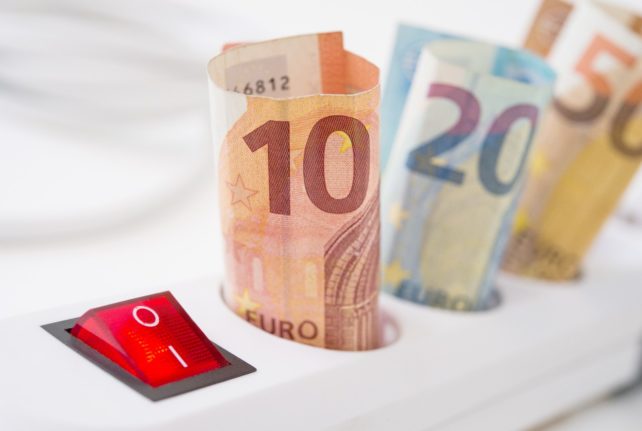“With each day, indeed each hour, we are saying goodbye to Russian imports,” economy and climate minister Robert Habeck was quoted as saying by the Frankfurter Allgemeine Zeitung.
“If we get there, we will be independent of Russian coal by the autumn and nearly independent of Russian oil by the end of the year.”
Government statistics show Germany currently imports a third of its oil and 45 percent of its coal from Russia.
Cutting out Russian gas is a harder prospect for Germany, which imports more than half its intake from Russia.
Habeck has resisted an outright halt to Russian energy imports, warning it would cause winter shortages and drive inflation.
Countries have imposed massive sanctions against Russia for its deadly invasion of Ukraine which started on February 24th.
In an escalation of the sanctions, the United States and Britain said on March 8th they were cutting off Russian oil imports.
READ MORE:



 Please whitelist us to continue reading.
Please whitelist us to continue reading.
Member comments